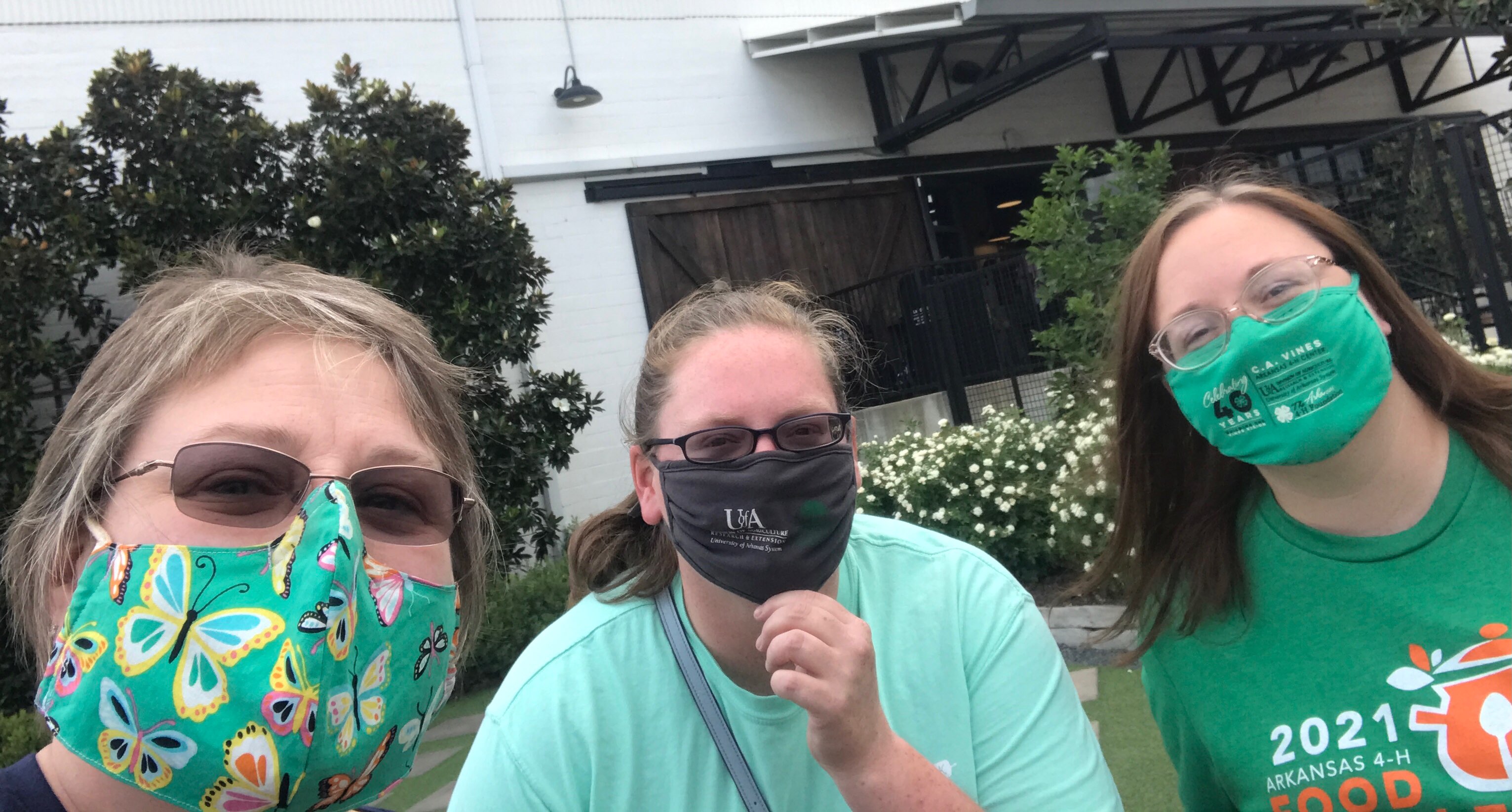Commercial Horticulture
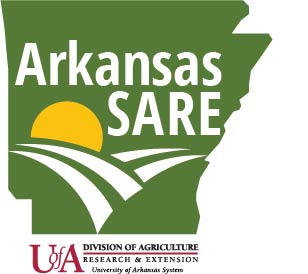
Learning Local Food Skills: University of Arkansas Cooperative Extension County Agents Travel to Texas Conference
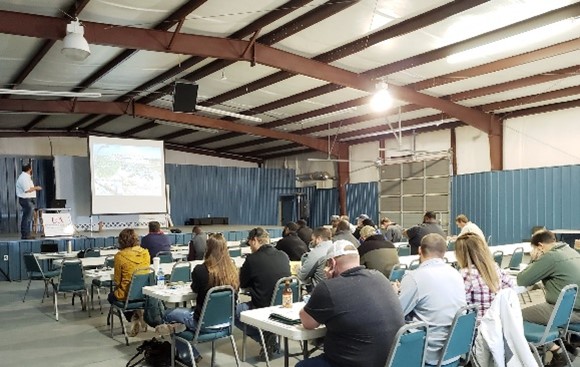
Troyce Barnett (NRCS) shares the importance of using cover crops at the Delta District Cover Crop Agent Training (2019)
About the Arkansas SARE Program:
The Arkansas Southern Sustainable Agriculture Research and Education (SSARE) Professional Development Program annually develops trainings and provides support to agricultural professionals to attend meetings related to sustainable agriculture. Our goal is to then have these professionals take what they learn and help producers in their area apply sustainable practices to their operations.
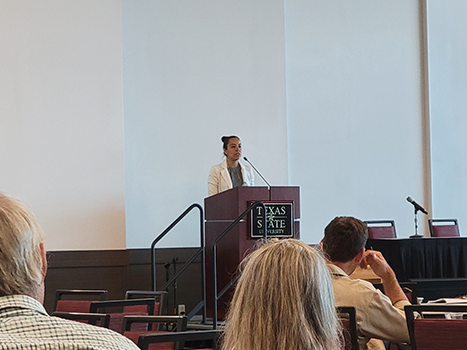
Lyla June Johnston giving the keynote on day 2 of the 2021 Southern Family Farmers and Food Systems Conference (Photo: Nicole Nichols)
With support from the Arkansas SARE Program, three University of Arkansas Cooperative Extension Service (UADA-CES) county agents were provided travel scholarships to attend the annual Southern Family Farmers and Food Systems Conference in San Marcos, Texas. The conference (formerly known as the Farm & Food Leadership Conference) was hosted by the Farm and Ranch Freedom Alliance in partnership with the Council for Healthy Food Systems and the Small Producers Initiative at Texas State University. The mission of the conference is “…to present educational and networking opportunities for the producers, consumers, and supporters of sustainably grown, locally sourced foods.” The three-day conference included 4 in-depth workshops and 6 concurrent tracks that covered a variety of topics such as: livestock, crops, policy and social issues, technology, finance/business/marketing, research, and topics for homesteaders and startups.
We asked the agents to provide comments on their experience attending the conference and what information they'll bring back to their counties:
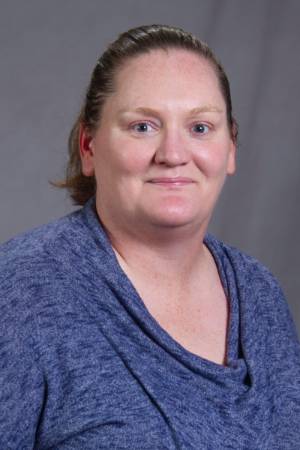
Nicole Nichols, CEA-Agriculture, Saline County
Livestock Track Review: “Those sessions really helped me think about new ways to help our producers in the county that are growing for the local market. Updating some of the practices in novel ways that will increase production/quality and decrease work for the producer. I also received some updates on health issues that farmers in Texas have seen and how they are dealing with those problems such as parasites because these are huge issues for the area also. Also, some good information about raising pastured poultry, which is becoming a big thing for farmers here.”
Favorite Session: “One of the most interesting sessions to me was Dr. Stephan Val Vliet's session on animal nutrition and phytochemicals. He discussed his research about how having more plant and animal diversity can improve the healthfulness of meat and milk for consumers. He really made me think about how locally grown animals that are raised on native plants could potentially be more beneficial nutrient-wise for the community. He also brought up nutrigenomics and how a person's genes may be a key to finding the best diet. This is definitely a topic of interest to consumers and producers in the area and could lead to some interesting discussion and modification of practices.”
Conference Takeaways: “Overall, this was a great conference and I really appreciate being able to attend. I definitely feel like I'm in a better spot to improve practices for local producers and their customers. Our office has also been working on establishing a community/demo garden at the office and several of the sessions on urban gardening gave us some great ideas on planning and setup, along with funding options. From the “Finance Business Track” a theme that stuck with me was “remember the horse that brought you to the party” while looking for opportunities to grow what sells, not sell what grows. The quote that hit home to me is "you can’t make money from farming – you make money from selling". The conference shared many resources and networking opportunities that will assist with work and help set up our local community teaching garden.

Kris Boulton, CEA-Staff Chair, Saline County
On attending the “Designing Food Safety into the Farm” Workshop: “The information provided best practices for setting up safe wash and pack systems and conducting volunteer/worker ongoing training. The session conveyed how food safety is part of the foundation of moving food from ground to tables. Safe produce packing is a concern but can be accomplished with “four sticks and a roof.” Production costs are high so it is refreshing to hear new/established producers and community gardens can start small with basics and build as funds are available. We all need to start where we are and make steps for continuous safe production in our food supply, which is a great thing to take back to clientele in Saline County since there is renewed interest in local food systems. We are seeing an increase in new producers in our area.”
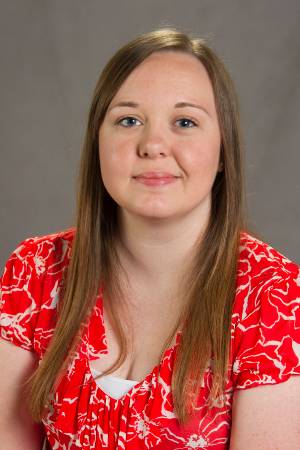
Megan Maulden, CEA-4-H, Saline County
Favorite Session: “One of the most memorable sessions that I attended at the conference was the “Engaging Youth in Food & Agriculture” session. One of the guest speakers in that session was Hernan Colmenero, who oversees the mixed vegetable production of nine school farms in Texas. He also teaches youth about regenerative agriculture principles and food systems.”
Conference Takeaways: “I think I learned a lot from this that session will be extremely helpful to take back to my Junior Master Gardener groups, since we are constantly wanting to learn more about sustainable farm practices. I also received some ideas for gardening curriculum that I may be able to incorporate into my county 4-H program.”
We hope sharing the positive impacts this conference had on the agents will encourage other county agents and ag professionals in Arkansas to take advantage of the travel scholarships available through Southern SARE.
We would like to thank Nicole Nichols, Kris Boulton, and Megan Maulden for attending the Southern Family Farmers and Food Systems Conference and providing their experiences. We would also like to thank Southern SARE for providing the funds for these travel scholarships.
